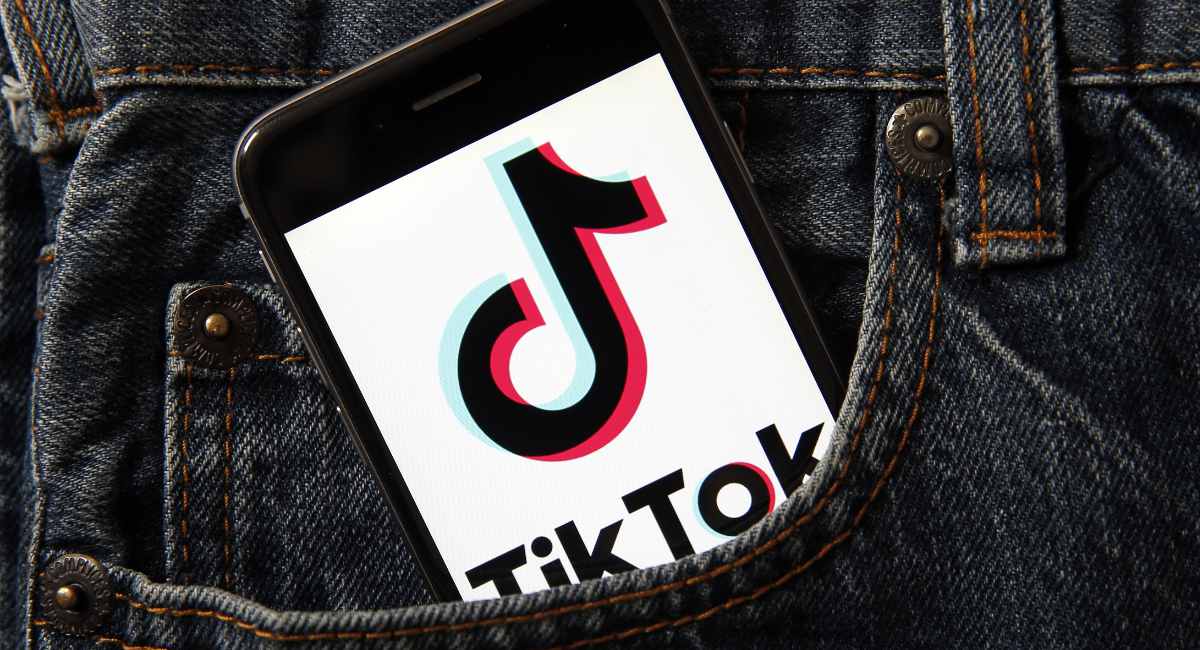A new frontier has sprung up in the already wildly unregulated IVF industry, and it’s not what one might expect: TikTok influencers are now selling 18-year-old users of the app on egg donation, Forbes reports.
The IVF and ART industry is virtually unregulated worldwide, and it is particularly predatory when it comes to low-income women – either as surrogates or as egg donors.
Egg donors are not adequately warned about the risks of the process. The long term effects of large doses of hormones to mature as many eggs as possible – more eggs than would normally mature per cycle – have simply not been studied. Fortunately there is a lower age limitation for egg donation – typically around 20 or 21 – but the TikTok algorithm reaches a much younger audience.
The slick social media presence of several egg donation agencies puts a cute and charming gloss on the process, playing up how “selfless” the act is while simultaneously flashing cash and designer purses to broke college-age women.
A search for “egg donation” on TikTok yields not only influencers, but agencies engaging in viral trends and touting the money that can be made from donating eggs. One such agency’s TikTok post was titled, “Showing up to donate your eggs for the 4th time but this time you’re getting paid $25k.” Another shows a pretty blonde girl answering “Frequently asked questions I get as a five time egg donor.” Another agency shows the story of Kelsey, who says she’s “currently on my third egg donation… I just want to describe the process so that you can see that if I can do it, you can do it.” Penny Gsell starts her video, “I paid for a week long trip to Italy only using the money that I made by donating my eggs.”
Many agencies pay potential or actual donors, recipient parents, or influencers with large audiences, to make these posts promoting their industry.
READ: Disturbing story exposes egg donation process for surrogacy agency in China
TikTok influencer Gigi Juliana explained her astonishment from the front seat of her car as she sipped on her Starbucks. “This girl just said she donated her eggs and got a quick $20,000—and I immediately started looking it up and decided that’s going to be my next hobby,” she said, comparing the potential side effects to a day at the med spa. “If you see like 30,000 of my children running around because I’m going to donate eggs like crazy… don’t be alarmed.”
Gigi later said that she is ineligible to donate eggs, but posted a paid promotional video for a Southern California agency.
If Gigi’s audience of over 137,000 cares to look into the issue more, there are other influencers – also on TikTok – who do caution about the unregulated nature of IVF, especially serial donation, and what it could mean for donor-conceived children.
Stand-up comedian Laura High, who calls herself “Your Donor Conceived Person of TikTok” was conceived in 1988 when her parents went to an infertility clinic. While the clinic told her parents their sperm donor would match the father – Scottish, Norwegian, and Irish – they actually used the sperm of a 100% Ashkenazi Jewish man.
“If the clinic lied about this, what else could they have lied about?” High said to Forbes.
“I don’t know what I should be expecting for my life. I’m about to have a kid. I have no idea what could potentially be a quarter of them, and it’s scary,” she told Forbes. “How susceptible am I to cancers? To Parkinson’s? To Alzheimer’s? To heart failure? And these are all things that, with proper screening, could be prevented. … I don’t even know if breast cancer runs in his family. I don’t even know if I should be getting mammograms early, and an early mammogram wouldn’t be covered by health insurance because I don’t have a ‘family history’ of it.”
“Unless you’ve gone through medical emergencies like this, it’s something that you don’t understand,” she added. “And if you don’t understand why having a complete medical history is imperative, consider yourself very privileged that you have not been put in that situation.”
High is an advocate against fertility fraud – which includes swapping out intended sperm or gametes for their own, or for that of another donor. So far, according to RightToKnow.us, only Iowa and Nevada have broad-based fertility fraud legislation, with some laws in other states being enacted only over the past few years, despite IVF having been legal for several decades.
“This is not an industry that creates tables, creates shirts; they’re literally making babies,” she said. “They should be held to the highest standard. And the fact that we don’t have the equivalent of a seat belt should terrify everybody.”







